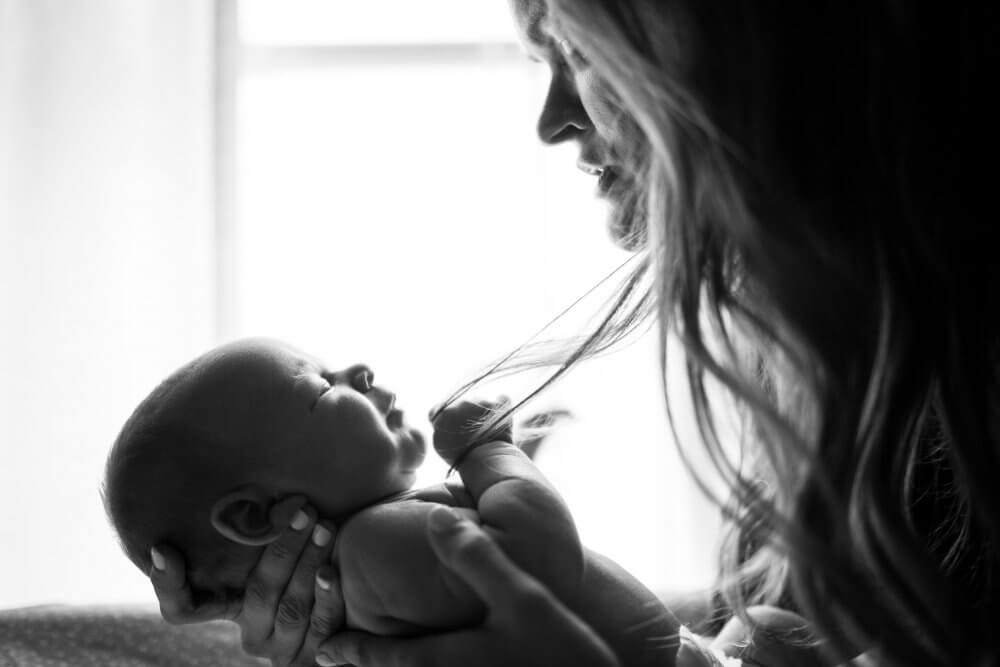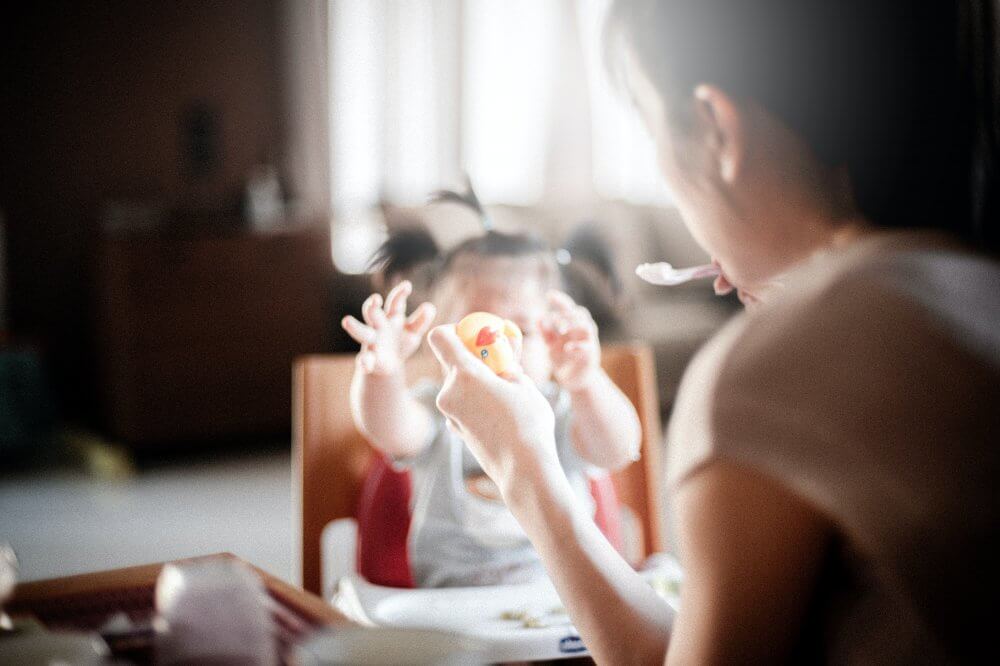
HELP YOUR CHILD ADJUST TO THE CLOCK CHANGE
Setting the clock back one hour usually means gaining an hour of sleep. Well, unless you have a baby, in which case it means your baby will wake up at 5 a.m. instead of his usual 6 a.m. — and that’s obviously no fun for you.
This can become a problem at both ends of the night – when you try to keep your tired baby up an hour later at bedtime and then struggle to keep him in bed in the morning.

One way to try and prevent these problems is to get your child ready about a week before the clock changes. You can do that by putting your child to bed 10 minutes later each night for six nights and helping him make the transition smoother.
The younger the baby is, the less flexibility you will have with their awake windows before getting them overtired. That’s why you will often find that with young babies it is more manageable to shift their timings more gradually over a longer period before the clocks change, shifting bedtime by 10-15 min every 2 or 3 days instead. The same goes for babies and children who don’t handle change well.

If you have a toddler or a young child, introducing something like a Gro Clock can help. The Gro-Clock shows a moon at the times your child is supposed to sleep which then changes to a sun in the morning so that they know when it’s time to get up. You can adjust the time it comes on in the morning by 10-15 min every couple of days before the clock change to encourage them to stay in bed.
Feeds and mealtimes are a big help when it comes to setting our body clocks. So if you normally do breakfast at 8 am, do it at 8.15 am instead and continue shifting it by 10-15 minutes every time you move your child’s bedtime forward.

The same goes for naps, adjust those timings as well.
If you forget to start a week in advance, do not worry; just extend what you are doing for a few days post the time change until your child is back in his routine.
If you don’t manage to perfectly prep your baby for the clock change, you might find your baby’s sleep cycle is messed up for a week or so after, but don’t worry.
Our body clocks really like routine and consistency so the good news is, within a week or two, your child will adjust to the time change naturally.





